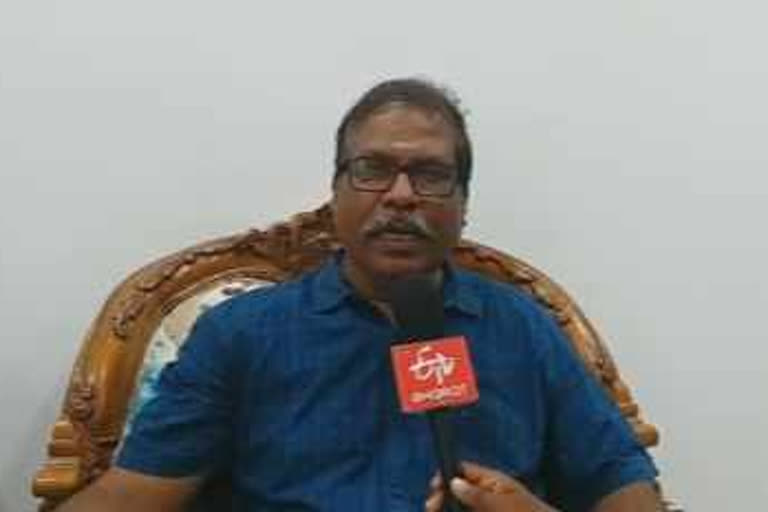Chennai: On the backdrop of Modi-Xi summit in the ancient Tamil city of Mahabalipuram, archaeologist Rajavel explains the Indo-China ties during the iconic Sangam age. A peep into archaeological evidence shows links had existed about 2000 years ago between Mahabalipuram and China.
According to Rajavel, Mahabalipuram or Mamallapuram had special ties with China including maritime activities and envoy level relations.
"Mahabalipuram was a historical city as early as the Sangam era (300 BC- 300 AD) and during the reigns of Pallavas, Cholas, Pandyas and Vijayanagara dynasty. It was an important port during Pallava era of Tamil Nadu," Rajavel said.
In Sangam literature, the city has been mentioned as 'Neerpeyyaru' and 'Kadal Mallai'. The ancient Tamil work "Pattinapalai," a post-Sangam period work, cites the anchorage of a Chinese ship on the eastern coast of ancient Tamil Nadu. Also the Chinese text the "Han annals" has a reference to contacts with the Tamil country.
"The Chinese King, Wei (ruled 378 - 320 BC) has sent traders to various ports of Tamil Nadu including Mahabalipuram. Pallava kings also sent their emissaries to China from this port. Artefacts of Wei period have been unearthed along coastal Tamil Nadu, indicating that Chinese vessels frequently visited our ports," he said.
Mahabalipuram was the point of contact for the Chinese to import and export goods from Western civilizations. Subsequently, Indian traders also visited Chinese ports. According to Rajavel, during the reign of Narasimha Pallava (ruled 630 - 668 AD), he sent an emissary to the Chinese court. The capital of Pallavas, Kanchipuram is mentioned in Chinese as 'Kwan chi'.
"Pallavas and the Chinese had a cordial relationship and kept the seas peaceful for trade. The trade relations continued during the period of Cholas too," Rajavel stated.
Based on the request of Chinese kings, Pallavas reportedly built a Buddhist monastery at Nagapattinam in Tamil Nadu where Buddhism flourished. The monastery was also repaired during the reign of Cholas. Scottish civil servant and naturalist, Walter Elliot of East India Company during his expedition stumbled upon this monastery. It showed that Chinese monastery was in Nagapattinam, Pallava and Chola kings patronised Buddhist monks in that monastery.
Besides, the Chinese connection also helped the weavers of Tamil Nadu to learn the art of silk weaving. (Kanchipuram is presently known for its silk sarees). It could be noted that Chinese pilgrim, Xuanzang, coming to Tamil Nadu during the reign of Pallavas, first landed in Mahabalipuram to reach the Pallava capital, Kanchipuram.
The second informal summit between the two leaders will be held this week at Mahabalipuram.
Read: Nothing much is expected from Jinping's India visit: Expert



